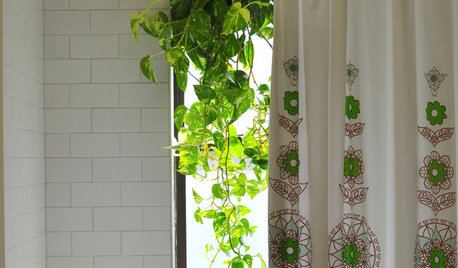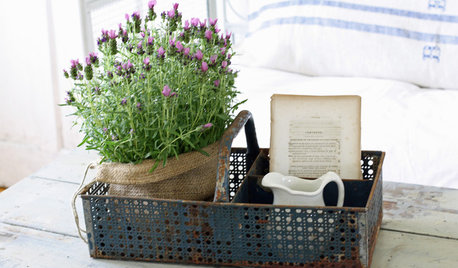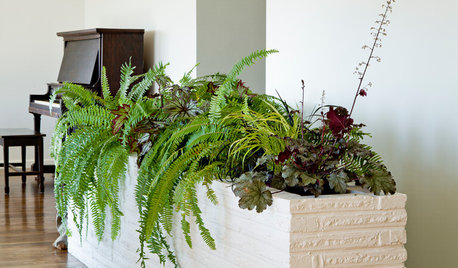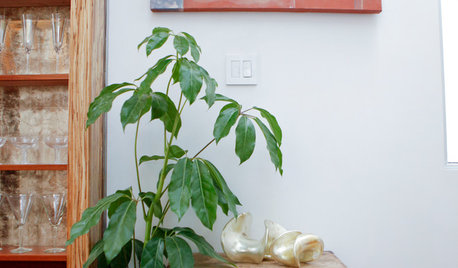Is organic fertilizer recommended for houseplants?
mcaren
16 years ago
Featured Answer
Sort by:Oldest
Comments (12)
ronalawn82
16 years agoRelated Professionals
Glassmanor Landscape Architects & Landscape Designers · Salisbury Landscape Architects & Landscape Designers · Vernon Hills Landscape Architects & Landscape Designers · Azalea Park Landscape Contractors · Chattanooga Landscape Contractors · Indio Landscape Contractors · Lewisville Landscape Contractors · Melrose Park Landscape Contractors · Ramsey Landscape Contractors · Winter Gardens Landscape Contractors · Palos Heights Landscape Contractors · Foothill Farms Decks, Patios & Outdoor Enclosures · Philadelphia Decks, Patios & Outdoor Enclosures · Rancho Palos Verdes Decks, Patios & Outdoor Enclosures · Rosemont Decks, Patios & Outdoor Enclosuresrobin_maine
16 years agojustaguy2
16 years agomcaren
16 years agotclynx
16 years agorobin_maine
16 years agojustaguy2
16 years agopaulns
16 years agoalbert_135 39.17°N 119.76°W 4695ft.
16 years agohortsport
14 years agotapla (mid-Michigan, USDA z5b-6a)
14 years ago
Related Stories

GARDENING GUIDESGet on a Composting Kick (Hello, Free Fertilizer!)
Quit shelling out for pricey substitutes that aren’t even as good. Here’s how to give your soil the best while lightening your trash load
Full Story
HOUSEPLANTSMeet a Long-Lasting Houseplant With a Forgiving Heart
Low light and little watering won't scar Zee Zee plant for life; this East Africa native has a tolerant nature and an exotic beauty
Full Story
MOST POPULARThe Perfect Houseplant for People Who Kill Houseplants
If you can fill a jar with water, you can keep golden pothos vine happy — and it will pay you back with cleaner air and a greener home
Full Story
CONTAINER GARDENSHappy Houseplants, Happy People
Potted plants add life and beauty to a room. Learn easy ways to keep them healthy
Full Story
HOUSEPLANTSMeet a Houseplant With Excellent Communication Skills
It droops when thirsty, revives quickly and thrives under fluorescents. You may want to hire this hard worker for both home and office
Full Story
HOUSEPLANTSOutsmart Winter — Make Houseplants of Your Garden Growers
No need to watch Jack Frost play Wreck the Rosemary. Bring your garden inside for the winter, using containers and these guidelines
Full Story
HOUSEPLANTS8 Houseplants You Can't Kill
They're forgiving and let you forget. Houseplants don't get any easier than this
Full Story
DECORATING GUIDESMeet a Houseplant That Doesn't Mind Neglect
Got better things to do than remember to water your houseplants on schedule? Schefflera will forgive and forget
Full Story
GARDENING GUIDESCommon Myths That May Be Hurting Your Garden
Discover the truth about fertilizer, soil, staking and more to keep your plants healthy and happy
Full Story
GARDENING GUIDESHow to Keep Your Citrus Trees Well Fed and Healthy
Ripe for some citrus fertilizer know-how? This mini guide will help your lemon, orange and grapefruit trees flourish
Full Story





justaguy2